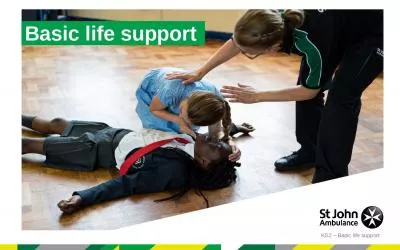PPT-Basic research skills
Author : briana-ranney | Published Date : 2015-09-15
Presented by the ULM Library Reference Department Where to Begin At the Beginning Lets say you need some research resources for a paper youre writing for a class
Presentation Embed Code
Download Presentation
Download Presentation The PPT/PDF document "Basic research skills" is the property of its rightful owner. Permission is granted to download and print the materials on this website for personal, non-commercial use only, and to display it on your personal computer provided you do not modify the materials and that you retain all copyright notices contained in the materials. By downloading content from our website, you accept the terms of this agreement.
Basic research skills: Transcript
Download Rules Of Document
"Basic research skills"The content belongs to its owner. You may download and print it for personal use, without modification, and keep all copyright notices. By downloading, you agree to these terms.
Related Documents










![[READ] - Secrets of the Wonderlic Basic Skills Test Study Guide: Wbst Exam Review for](https://thumbs.docslides.com/902113/read-secrets-of-the-wonderlic-basic-skills-test-study-guide-wbst-exam-review-for-the-wonderlic-basic-skills-test.jpg)



